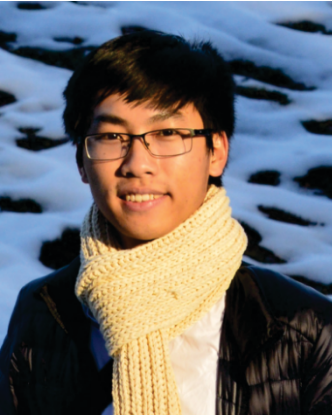
Xê-mi-na khoa học
11/05/2021: TS. Ngô Khắc Hoàng (Univ. Paris-Saclay, France), Massive Uncoordinated Random Access for the Internet of Things
Under the paradigm of the Internet of Things (IoT), a major challenge in next-generation wireless networks is to serve a very large number of connected devices. IoT devices are mostly battery limited and transmit short packets in a sporadic and uncoordinated manner. This calls for new theoretical frameworks that help to understand the fundamental limits of massive random access and provide guidelines for redesigning the medium access layer. To this end, a novel formulation for the massive uncoordinated access problem was proposed in 2017 by Yury Polyanskiy, where it is assumed that all users employ a common codebook, and decoding is done up to a permutation of messages. In this talk, we will introduce this appealing formulation and present recent results in the following-up line of research. We will also present our result in extending this formulation to a more practically relevant setting where the number of active users is random and unknown.
Speaker: TS. Ngô Khắc Hoàng, Univ. Paris-Saclay
Time: 15:30, Tuesday, May 11, 2021
Venue: Webinar; Access code: https://bit.ly/2FkRlae

Ngo Khac Hoang received the B.Eng. degree (Hons.) in electronics and telecommunications from University of Engineering and Technology, Vietnam National University, Hanoi, Vietnam, in 2014; and the M.Sc. degree (Hons.) and Ph.D. degree in wireless communications from CentraleSupélec, Paris-Saclay University, France, in 2016 and 2020, respectively. His Ph.D. thesis was also realized at Mathematical and Algorithmic Sciences Laboratory, Paris Research Center, Huawei Technologies France. He is currently a Postdoctoral Researcher at Communication Systems Group, Department of Electrical Engineering, Chalmers University of Technology, Sweden. He is also an Adjunct Lecturer at the Advanced Institute of Engineering and Technology (AVITECH), University of Engineering and Technology, Vietnam National University Hanoi, Vietnam. His research interests include wireless communications and information theory, with an emphasis on MIMO, noncoherent communications, edge computing, massive random access, coded caching, and network coding. He received the Honda Award for Young Engineers and Scientists (Honda Y-E-S Award) in Vietnam in 2013, and the Marie Skłodowska-Curie Actions (MSCA) Individual Fellowship in 2021.
